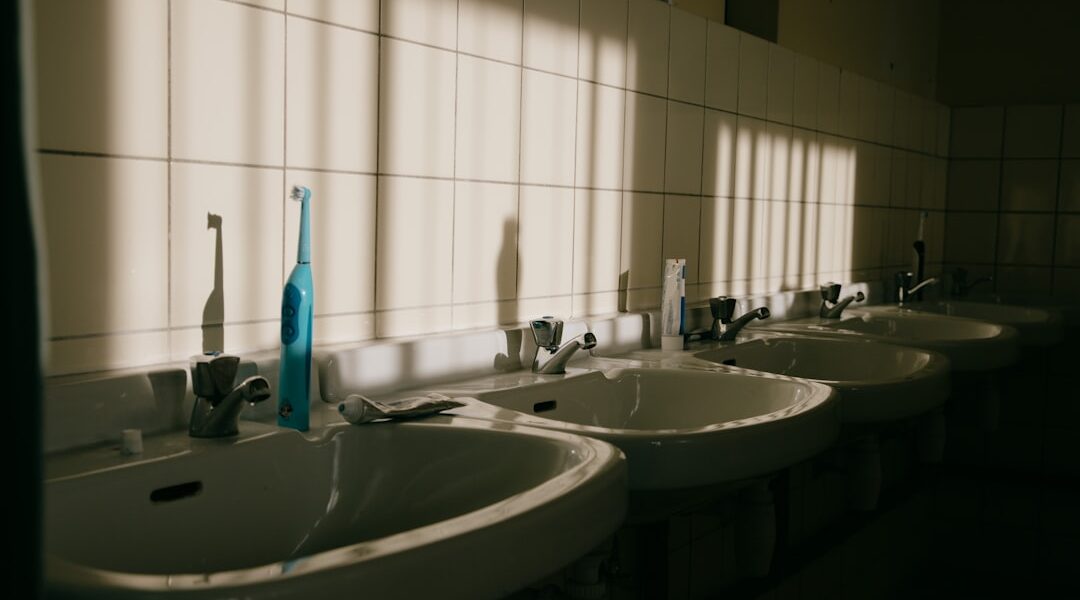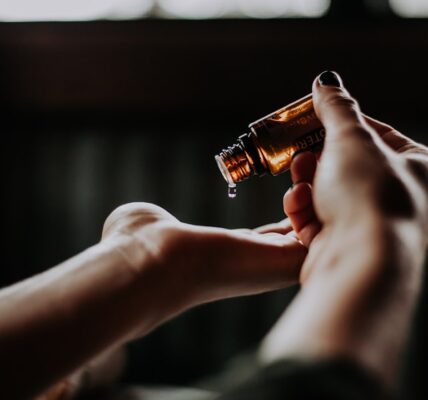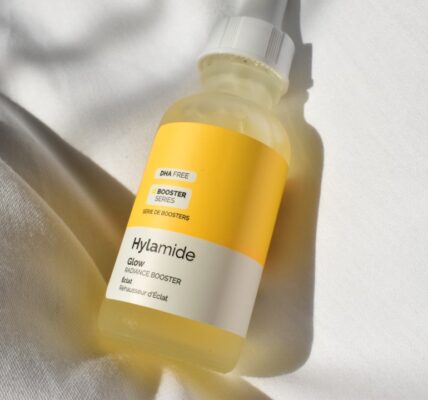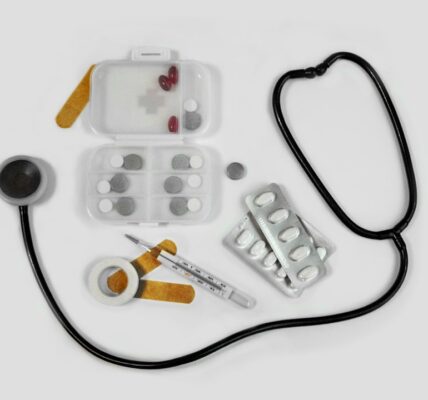Prophylaxis dental care, also known as a dental cleaning, is a preventive dental treatment that focuses on removing plaque, tartar, and stains from the teeth. This procedure is typically performed by a dental hygienist and involves the use of specialized tools to clean the teeth and gums. Prophylaxis dental care is an essential part of maintaining good oral health and is recommended to be done every six months. During a prophylaxis appointment, the dental hygienist will also examine the teeth and gums for any signs of decay, gum disease, or other oral health issues. This allows for early detection and treatment of any potential problems, helping to prevent more serious dental issues in the future.
Prophylaxis dental care is an important part of a comprehensive oral hygiene routine. It helps to keep the teeth and gums healthy by removing plaque and tartar, which can lead to tooth decay and gum disease if left untreated. Regular prophylaxis appointments can also help to prevent bad breath and keep the teeth looking clean and bright. Additionally, prophylaxis dental care can help to identify any areas of the mouth that may need extra attention when it comes to at-home oral hygiene. Overall, prophylaxis dental care is an essential part of maintaining good oral health and preventing dental issues in the future.
Key Takeaways
- Prophylaxis dental care involves regular cleanings and preventive treatments to maintain oral health
- Benefits of prophylaxis dental care include preventing cavities, gum disease, and bad breath
- Prophylaxis dental care can help prevent dental issues such as tooth decay and periodontal disease
- Children can benefit from prophylaxis dental care to establish good oral hygiene habits early on
- Adults can maintain oral health and prevent dental problems through regular prophylaxis dental care
- Seniors can benefit from prophylaxis dental care to prevent tooth loss and maintain overall oral health
- Tips for maintaining prophylaxis dental care at home include brushing and flossing regularly, using fluoride toothpaste, and eating a balanced diet
Benefits of Prophylaxis Dental Care
There are numerous benefits to receiving regular prophylaxis dental care. One of the primary benefits is the prevention of tooth decay and gum disease. By removing plaque and tartar from the teeth and gums, prophylaxis dental care helps to prevent the buildup of harmful bacteria that can lead to these common dental issues. Additionally, regular prophylaxis appointments can help to identify any early signs of decay or gum disease, allowing for prompt treatment before these issues progress.
Another benefit of prophylaxis dental care is the prevention of bad breath. Plaque and tartar buildup can contribute to halitosis, or bad breath, so removing these substances during a dental cleaning can help to keep the breath fresh and clean. Prophylaxis dental care also helps to maintain a bright, white smile by removing surface stains from the teeth. This can improve the overall appearance of the teeth and boost confidence in one’s smile.
Furthermore, prophylaxis dental care can contribute to overall health and well-being. Research has shown that there is a link between oral health and systemic health, with poor oral hygiene being associated with an increased risk of certain health conditions such as heart disease and diabetes. By maintaining good oral health through regular prophylaxis appointments, individuals can help to reduce their risk of developing these and other health issues.
Preventing Dental Issues with Prophylaxis Dental Care
Prophylaxis dental care plays a crucial role in preventing a variety of dental issues. One of the main ways it does this is by removing plaque and tartar from the teeth and gums. Plaque is a sticky film that forms on the teeth and contains bacteria that can produce acids, leading to tooth decay and gum disease. Tartar, or calculus, is hardened plaque that cannot be removed by brushing or flossing alone. By removing these substances during a prophylaxis appointment, individuals can reduce their risk of developing these common dental issues.
In addition to removing plaque and tartar, prophylaxis dental care also allows for early detection of potential dental problems. During a dental cleaning, the hygienist will examine the teeth and gums for any signs of decay, gum disease, or other oral health issues. This allows for prompt treatment before these issues progress and become more serious. By addressing these problems early on, individuals can avoid more extensive and costly dental treatments in the future.
Furthermore, prophylaxis dental care can help to maintain healthy gums. Gum disease is a common oral health issue that can lead to gum recession, bone loss, and even tooth loss if left untreated. Regular dental cleanings can help to prevent gum disease by removing bacteria and plaque from the gumline. This can help to keep the gums healthy and reduce the risk of developing this serious dental issue.
Prophylaxis Dental Care for Children
| Age Group | Recommended Frequency | Fluoride Treatment |
|---|---|---|
| 0-2 years | Every 6 months | Not recommended |
| 2-6 years | Every 6 months | Recommended |
| 6+ years | Every 6-12 months | Recommended |
Prophylaxis dental care is important for children as it helps to establish good oral hygiene habits from a young age. Children should begin seeing a dentist for regular prophylaxis appointments as soon as their first teeth erupt, typically around the age of one year old. These early visits not only allow for the cleaning of the child’s teeth but also provide an opportunity for parents to receive guidance on proper oral hygiene practices for their child.
Regular prophylaxis appointments for children can help to prevent tooth decay and gum disease, which are common issues in pediatric dentistry. By removing plaque and tartar from the teeth and gums, prophylaxis dental care can reduce the risk of these problems developing. Additionally, regular dental cleanings can help to monitor the development of the child’s teeth and identify any potential orthodontic issues early on.
Furthermore, prophylaxis dental care for children can help to instill good oral hygiene habits that will benefit them throughout their lives. By making regular dental cleanings a routine part of their healthcare, children can learn the importance of taking care of their teeth and gums. This can lead to better oral health outcomes as they grow into adulthood.
Prophylaxis Dental Care for Adults
Prophylaxis dental care is just as important for adults as it is for children. Regular dental cleanings can help to prevent tooth decay, gum disease, and other common oral health issues that adults may face. By removing plaque and tartar from the teeth and gums, prophylaxis appointments can reduce the risk of developing these problems and help to maintain good oral health.
In addition to preventing dental issues, prophylaxis dental care for adults can also contribute to overall health and well-being. Research has shown that there is a link between oral health and systemic health, with poor oral hygiene being associated with an increased risk of certain health conditions such as heart disease and diabetes. By maintaining good oral health through regular prophylaxis appointments, adults can help to reduce their risk of developing these and other health issues.
Furthermore, prophylaxis dental care for adults can help to maintain a bright, white smile. Dental cleanings remove surface stains from the teeth, improving their appearance and boosting confidence in one’s smile. This can have a positive impact on an individual’s self-esteem and overall quality of life.
Prophylaxis Dental Care for Seniors

Prophylaxis dental care is especially important for seniors as they are more prone to certain oral health issues due to factors such as aging, medication use, and medical conditions. Regular dental cleanings can help to prevent tooth decay, gum disease, and other common problems that seniors may face. By removing plaque and tartar from the teeth and gums, prophylaxis appointments can reduce the risk of developing these issues and help to maintain good oral health.
In addition to preventing dental issues, prophylaxis dental care for seniors can also help to address specific concerns that are more common in this age group. For example, seniors may be more likely to experience dry mouth due to medication use or medical conditions. This can increase the risk of tooth decay and other oral health problems. Regular dental cleanings can help to address these issues by removing plaque and tartar and providing recommendations for managing dry mouth.
Furthermore, prophylaxis dental care for seniors can help to maintain healthy gums. Gum disease is a common issue in older adults that can lead to serious consequences such as gum recession and tooth loss if left untreated. Regular dental cleanings can help to prevent gum disease by removing bacteria and plaque from the gumline. This can help to keep the gums healthy and reduce the risk of developing this serious oral health issue.
Tips for Maintaining Prophylaxis Dental Care at Home
In addition to receiving regular prophylaxis appointments at the dentist’s office, there are several things individuals can do at home to maintain good oral hygiene. One of the most important habits is brushing the teeth at least twice a day with fluoride toothpaste. This helps to remove plaque from the teeth and prevent tooth decay. It’s also important to floss daily to remove plaque from between the teeth where a toothbrush cannot reach.
Another important aspect of maintaining prophylaxis dental care at home is following a healthy diet that is low in sugary foods and drinks. These items can contribute to plaque buildup and increase the risk of tooth decay. Drinking plenty of water throughout the day can also help to rinse away food particles and bacteria from the mouth.
Using an antimicrobial mouthwash can also be beneficial for maintaining good oral hygiene at home. Mouthwash can help to reduce plaque and gingivitis-causing bacteria that brushing and flossing may have missed.
Finally, it’s important to schedule regular dental check-ups in addition to prophylaxis appointments. This allows for early detection and treatment of any potential oral health issues before they progress into more serious problems.
In conclusion, prophylaxis dental care is an essential part of maintaining good oral health at every stage of life. From children to seniors, regular dental cleanings play a crucial role in preventing tooth decay, gum disease, bad breath, and other common oral health issues. By understanding the importance of prophylaxis dental care and following good oral hygiene practices at home, individuals can enjoy healthy smiles for years to come.
If you’re interested in learning more about the importance of dental prophylaxis, check out this article on Fit Revolution Zone. This article discusses the benefits of regular dental cleanings and how they can help prevent gum disease and other oral health issues. It’s a great resource for anyone looking to understand the importance of prophylaxis dental care.
FAQs
What is dental prophylaxis?
Dental prophylaxis is a professional cleaning procedure performed by a dentist or dental hygienist to remove plaque, tartar, and stains from the teeth. It is an important part of maintaining good oral health and preventing dental problems.
How often should dental prophylaxis be done?
It is generally recommended to have dental prophylaxis done every six months as part of a regular dental check-up. However, the frequency may vary based on individual oral health needs and the recommendation of the dentist.
What are the benefits of dental prophylaxis?
Dental prophylaxis helps to prevent gum disease, cavities, and other dental problems by removing plaque and tartar buildup. It also helps to improve the overall appearance of the teeth and can contribute to fresher breath.
Is dental prophylaxis painful?
Dental prophylaxis is typically not painful. The procedure may cause some minor discomfort or sensitivity, especially if there is a significant amount of tartar buildup, but it is generally well-tolerated by most patients.
Can dental prophylaxis be done at home?
While regular brushing and flossing are important for maintaining oral health, dental prophylaxis should be performed by a professional dentist or dental hygienist. They have the necessary tools and expertise to thoroughly clean the teeth and gums.




